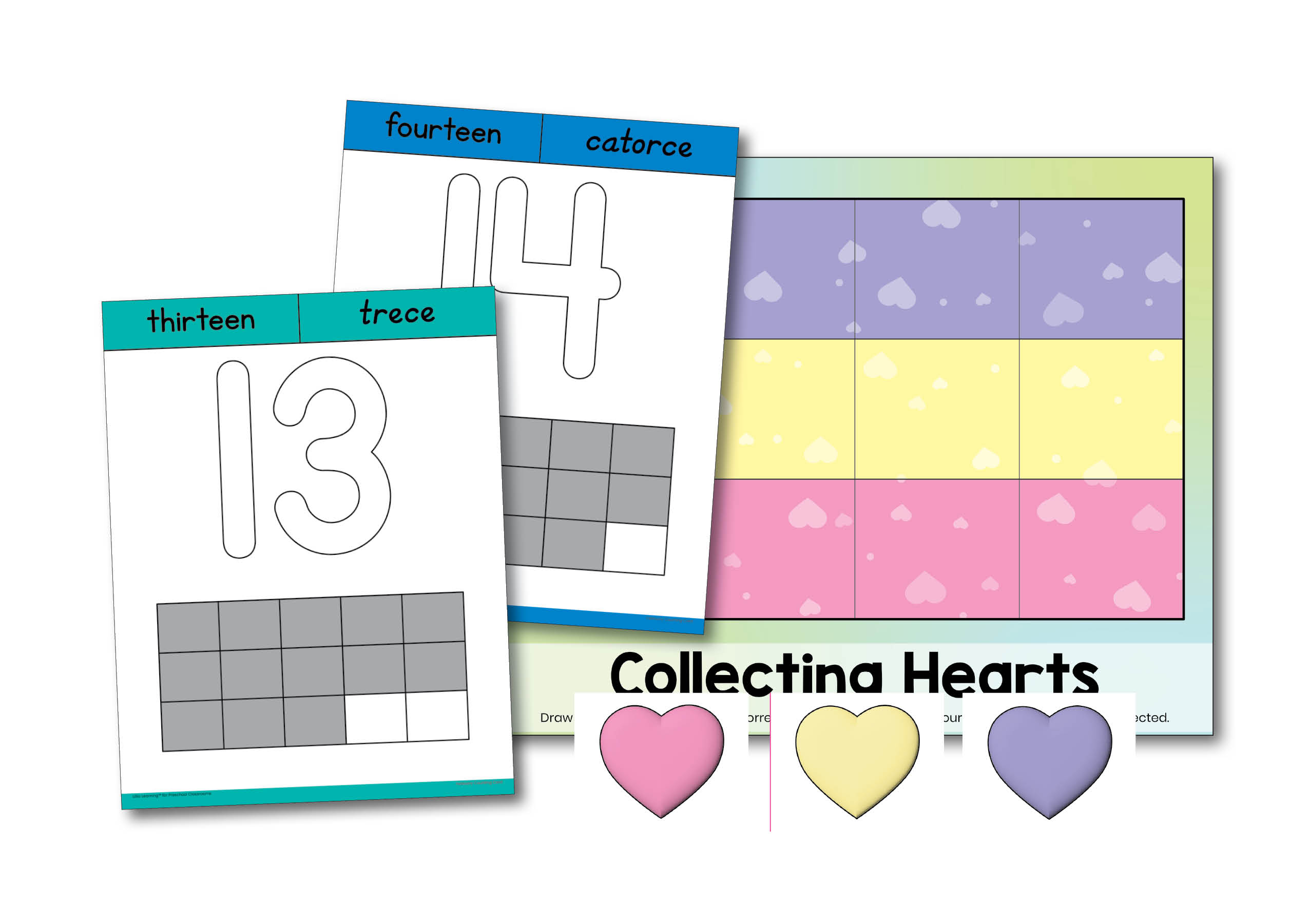 Supporting Children's Learning Through Math Games
Supporting Children's Learning Through Math Games
Board games can be a fun and meaningful way to support children's learning, especially when it comes to building early math skills. However, educators may run into a few common challenges when bringing board games into the classroom, particularly group size and children's interest levels.
Even though board games offer many benefits, some children may need additional support depending on their developmental stage and skill set. To set children up for success, start by making sure each child is genuinely interested in joining the game. When children are engaged and focused, they're more likely to understand the directions and participate confidently.
Tips for Small Groups
When working with a small group of children, educators may want to join the game as a player. Modeling how to take turns, follow simple rules, and respond positively helps children feel supported.
Try:
- Taking turns alongside the children
- Narrating what you're doing ("It's my turn to find a match!")
- Celebrating effort and participation—not just "winning"
- Offering gentle encouragement and support as needed
When educators show excitement and participation, children often feel more motivated to stay engaged and try new challenges.
Tips for Large Groups
With larger groups, it can be helpful to plan the experience in a way that keeps the game manageable and enjoyable for everyone. One approach is to group children by age, skill level, or interest, so the game feels accessible and interactive.
You might also try starting with the children who are most excited to play. Later, you can invite other children to join at a different time, creating a quieter and more individualized experience. This strategy can help children who need more support feel confident and successful.
Math Games in the Lillio Learning Curriculum Kit
Each month, a Math Game is included in the Lillio Learning for Preschool Classrooms curriculum kit. These games support a range of early math skills, including:
- Number recognition and counting

- Patterning
- Sequencing
- Sorting and matching
- Early problem-solving
For example, the Numeral Tree Math Game, which corresponds to the Nature Rocks!theme, invites children to find and match a series of numerals. This game can be played competitively with two players, or adapted so thewhole group participates by taking turns and working toward a shared goal.
Benefits of Using Math Games
Play is essential to early childhood learning and development. In fact, much of children's understanding is built through games, movement, and interactions with peers and trusted adults. As children explore their world, they begin learning early math concepts through everyday experiences and routines.
For example:
- Children learn about time through signals like music, sounds, or gestures that show when it's time to eat, play, or rest.
- Children learn about quantity and comparison through language we naturally use throughout the day.
Consider this common classroom moment:
"Leah, you have two dolls—please give one to your friend."
In simple interactions like this, children begin exploring early math concepts such as sharing, subtracting, and dividing—often without even realizing they're doing math!
When children play Math Games, they also build important skills beyond numeracy. Games help children learn to:
- Solve problems and think critically
- Follow rules and understand limits
- Practice self-regulation and persistence
- Recognize cause and effect (consequence and reward)
- Observe and reflect
- Cooperate with peers and practice turn-takingDevelop confidence and curiosity about math
Cues for Including the Math Game in Your Daily Routine
Once children are familiar with a Math Game, it can be used in flexible ways throughout the day. Here are a few ideas to keep games meaningful and easy to include in your routine:
- Offer games in different play areas so children can explore them independently during free play.
- Use games for individualization, small group learning, or review—especially for children who benefit from repetition and hands-on practice.
- Create a Math Game library and lend games to families for a short period of time to support skill-building at home and strengthen home-school connections.